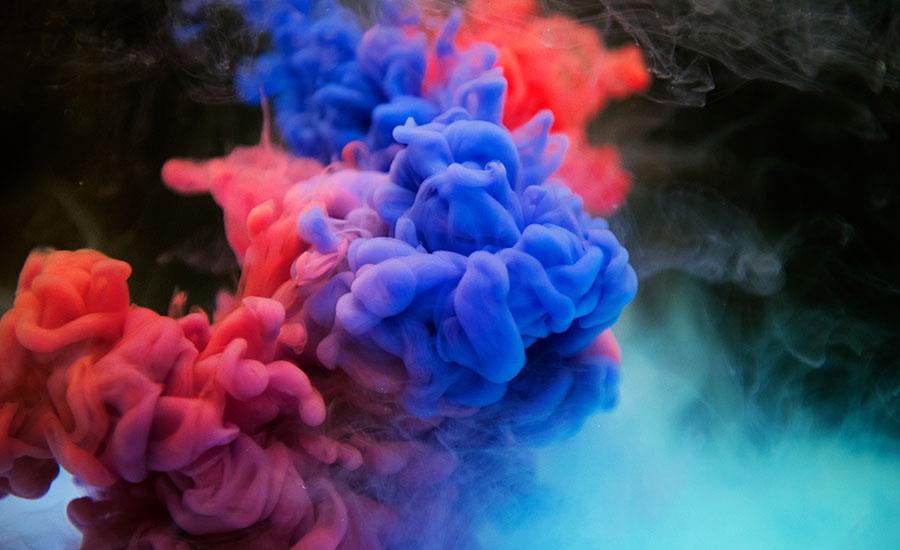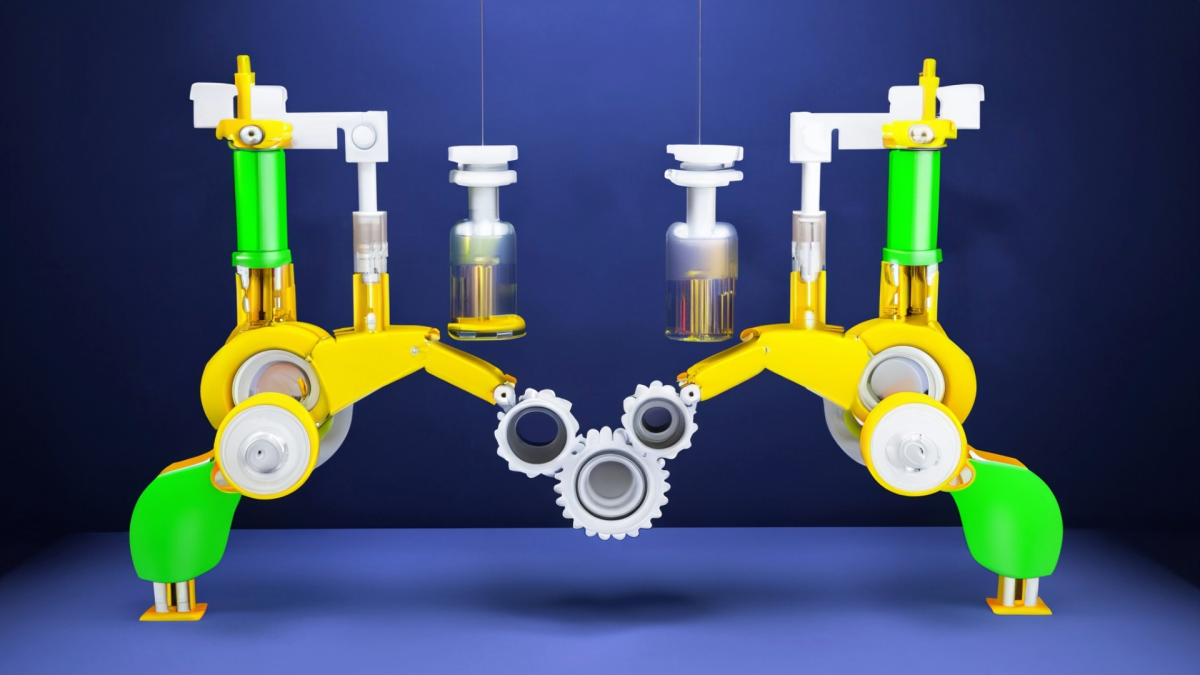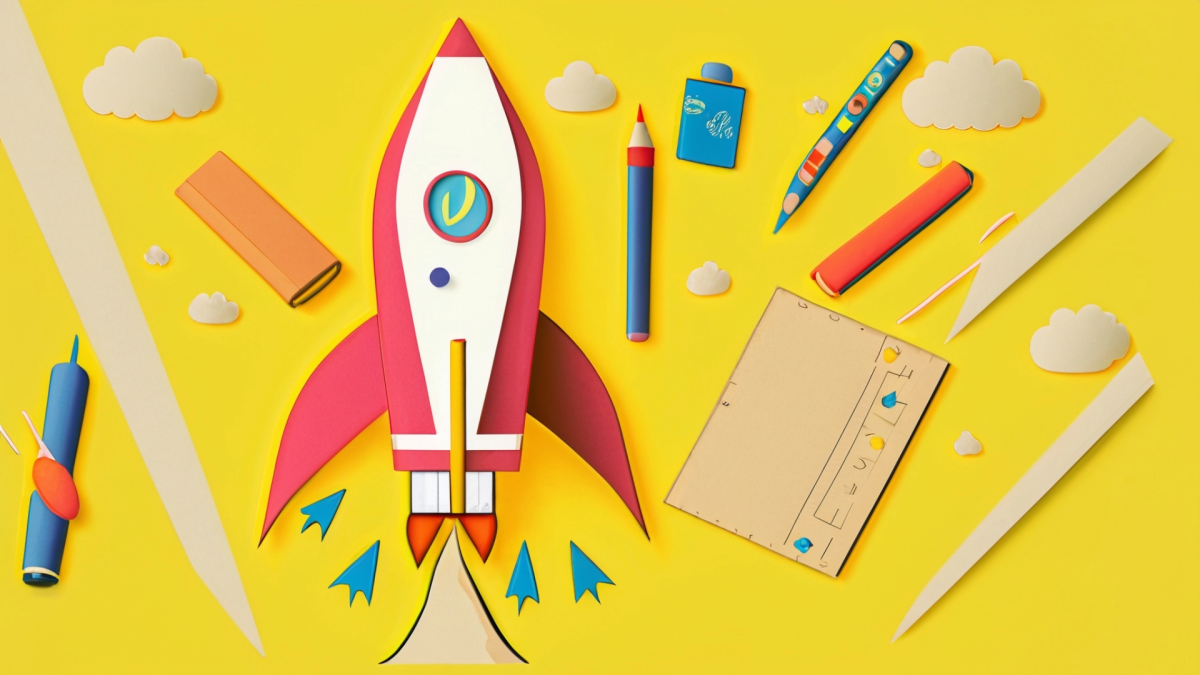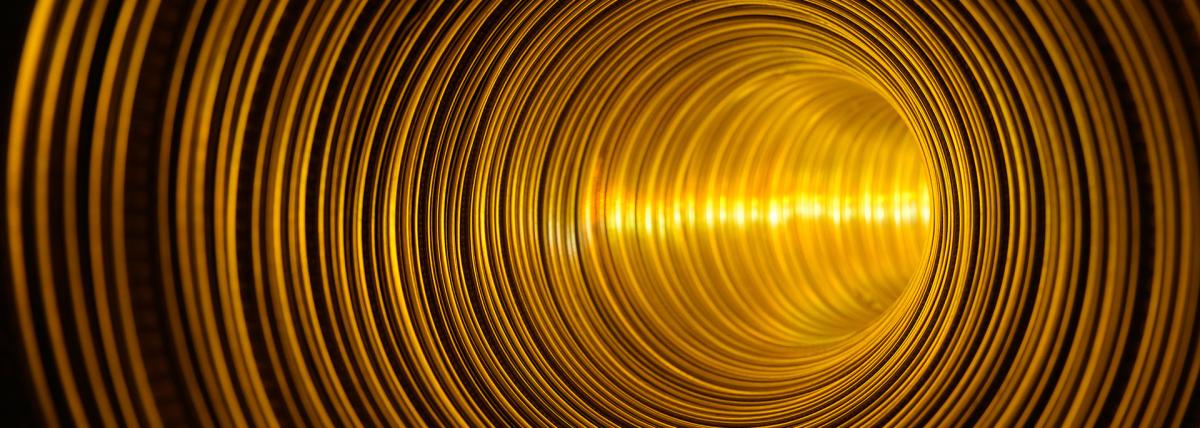
Grades:
9th Grade, 10th Grade, 11th Grade
A common challenge in Thermodynamic Chemistry is how do endo vs. exothermic reactions FEEL. Students will conduct three different chemical reactions to collect data and observations about the





